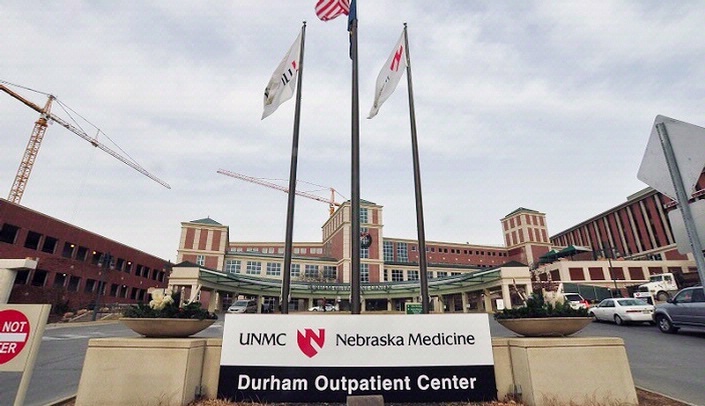I am very pleased to report that on April 12 the principal parties representing the University of Nebraska Board of Regents and Clarkson Regional Health Service unanimously added their signatures to the final governance integration documents that will formally create Nebraska Medicine. Even though we have been functioning very effectively as a clinical enterprise under that name for more than two years, the actual legal entity will not exist until all of the required approvals of these documents are complete.
The documents are complex and to get them to this point has involved countless hours of work by lawyers and key administrators. They include System Integration Agreements, Joint Operating Agreements, Academic Affiliation Agreements, Articles of Incorporation, Corporate Bylaws, Ground Leases and literally hundreds of other associated exhibits, attachments and schedules.
This culminates a critically important stage in the process of forming Nebraska Medicine that began in late 2012. It is not, however, the final step in the process. The next stage involves sharing this set of documents with the board of directors of UNMC Physicians (UNMCP) and obtaining its approval on those documents that relate to changes in the structure and function of UNMCP in accordance with the bylaws of that organization.
Once the documents are approved by the UNMCP board, they must then be shared with and approved by the entire membership of UNMCP, which consists of all full-time faculty of the clinical departments and includes members of the department of pediatrics who are members of Children’s Specialty Physicians.
Approval will require a majority of all UNMCP members, not just a majority of those who chose to vote. Thus, to reach the number of votes required and truly reflect the desire of the members, it will be important that all clinical faculty take the time to review the documents and vote.
If this does not occur, we could have an overwhelming majority of members in favor of the governance changes, but the measure could fail if many clinical faculty decide not to vote. In effect, a failure to vote is the equivalent of casting a “no” vote.
In the coming weeks, we will be working closely with the chairs of each clinical department to arrange meetings with the faculty of the College of Medicine who are members of UNMCP. These meetings, which would likely occur during the last two weeks of May, will provide an executive summary detailing the proposed changes to the UNMCP Bylaws and the College of Medicine’s Medical Service Plan and an opportunity to ask questions.
The creation of Nebraska Medicine and the changes associated with it is all about building a sustainable enterprise that serves all of the missions for which we are responsible, all of the communities for which we provide care, and the local, regional and global stakeholders that depend upon us.
I appreciate that each of you already are very busy and taking the time to understand the proposed governance structure of Nebraska Medicine and to vote on those changes may seem tedious and time-consuming work that further adds to your day. However, it’s an investment of effort and time that needs to be made and through which we will all benefit.
The future of UNMC/Nebraska Medicine is bright. We enter into this next stage of clinical integration from a position of true strength. I’m confident we can take this important next step to truly lead the world in transforming lives for a healthier future.
